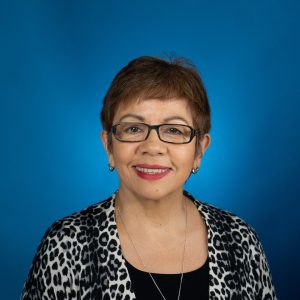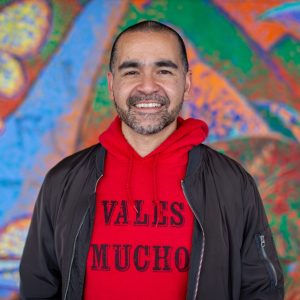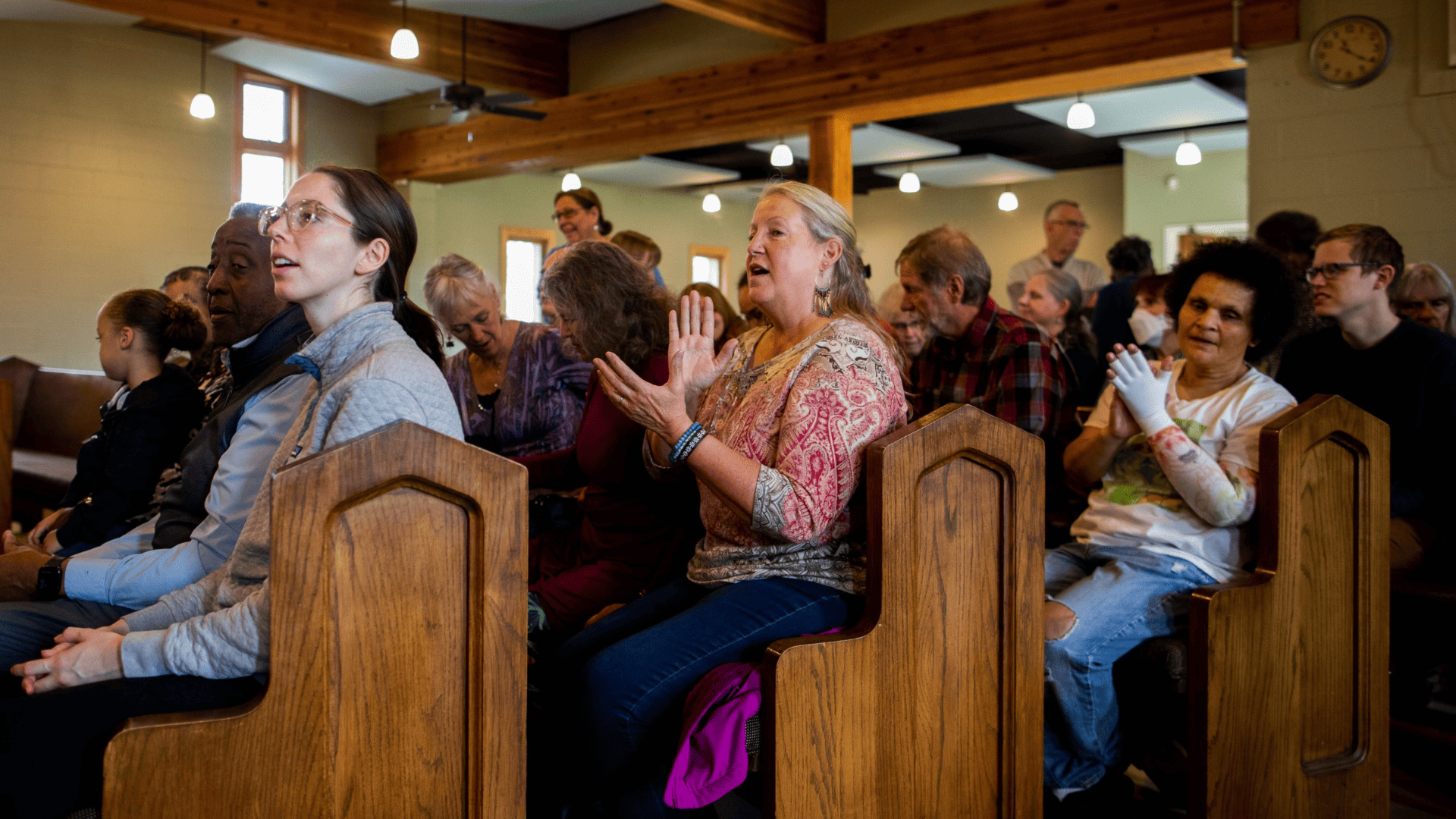By Pia Peña Restrepo
 I love words. I love books and word games. I studied linguistics, a logical analysis of the human language, its nature, and its structure. Thus, I studied grammar, syntax, composition, phonetics, semantics, and all the essentials and intricacies necessary to the understanding and function of language. As I began my journey as a new believer and started to read the Bible, I found stunning treasures of truth and knowledge in stories, parables, poems, proverbs, metaphors, and commandments. God’s Word became my refuge and strength, the dwelling for counsel and hope, the inspiration for my thinking, the rod for my decisions, the heart for my teaching, the cry for repentance, and the assurance of my faith. God’s Word became the compass of my life.
I love words. I love books and word games. I studied linguistics, a logical analysis of the human language, its nature, and its structure. Thus, I studied grammar, syntax, composition, phonetics, semantics, and all the essentials and intricacies necessary to the understanding and function of language. As I began my journey as a new believer and started to read the Bible, I found stunning treasures of truth and knowledge in stories, parables, poems, proverbs, metaphors, and commandments. God’s Word became my refuge and strength, the dwelling for counsel and hope, the inspiration for my thinking, the rod for my decisions, the heart for my teaching, the cry for repentance, and the assurance of my faith. God’s Word became the compass of my life.
When my husband and I became members of First Covenant Church in Oakland, California, we began to study the Covenant affirmations. “Centrality” means essential, it designates sovereignty. The Covenant affirms that the Holy Scripture, the Old and New Testament, is the Word of God and therefore the “only perfect rule for faith, doctrine, and conduct,” according to the Preamble to the Constitution and Bylaws of the Evangelical Covenant Church. If the Word of God is an impeccable directive, I must examine it diligently, responding with conviction and obedience, submitting to its decrees.
“For the word of God is living and active and sharper than any two-edged sword and piercing as far as the division of soul and spirit, of both joints and marrow, and able to judge the thoughts and intentions of the heart” (Hebrews 4:12, NAS).
This verse describes the radical power of the Word of God; it is not simply a set of rules and stories, but a living force that rebukes, defies, and exposes my mind and soul through the dynamic manifestation of the Holy Spirit.
Keeping the law cannot give me eternal life, but it gives me an awareness of God’s character. Understanding the stories of repentance and forgiveness of God’s people may not save me from my own sin, but it invites me to be part of God’s redemption story. Reading about pain, suffering, grief, and lament in the Scriptures may not spare me from my own personal predicaments, but it inspires me to find words to tell my own story.
God’s Word is the faithful companion to my soul. I am thankful for God’s presence in my life, for opportunities to serve and learn, and for the joy and hope I find in God’s Word.

Pia Peña Restrepo
Pia Peña Restrepo is the co-regional coordinator for Latin America and the Caribbean with Serve Globally.
By Joel Sommer
There was only one Bible in the tiny Philippine village where my mom grew up. It belonged to one of the only Protestant families in the village. One day during a party at that family’s house, my mom snuck into the bedroom that held the Bible—just to get a glimpse of the strange and holy book.
After leaving home at 14, Mom immigrated to the US alone at the age of 18. In that critical first year in the States, a classmate invited her to—wait for it—Bible study! She was enthralled by the treasures she found there—forgiveness of sin, assurance of salvation, and above all, personal relationship with God.
In my childhood, I could find her in the mornings, seated on her bed with the Scriptures open, beginning her day in the Word of God. The Scriptures were the means by which God was (and still is) making her a new creation.
Unlike my mom’s childhood village, most of us are inundated with the availability of the text. Apps and web pages abound even as printed Bibles struggle to hold a place in church life. Yet, may the availability of the text not cause us to lose sight of this reality: The Word is precious and powerful, able to transform the life of the believer and, therefore, the world. While corporations and governments employ their resources to tell us who we are and how we should live, Scripture provides a sacred counter-narrative, which is liberating and healing. This holy Word gives us our clearest picture of the One who is himself the Word. May our reading of Scripture draw us more deeply into that new life to which he calls us.

Joel Sommer
Joel Sommer is an urban contemplative who loves silent retreats, indie hip hop, and sitcoms that center BIPOC. He has served as the planting pastor of Access Covenant Church in Portland, Oregon, since 2012.
INTRODUCTION
Covenant Glue
PART ONE
The Centrality of the Word of God
PART TWO
The Necessity of New Birth














